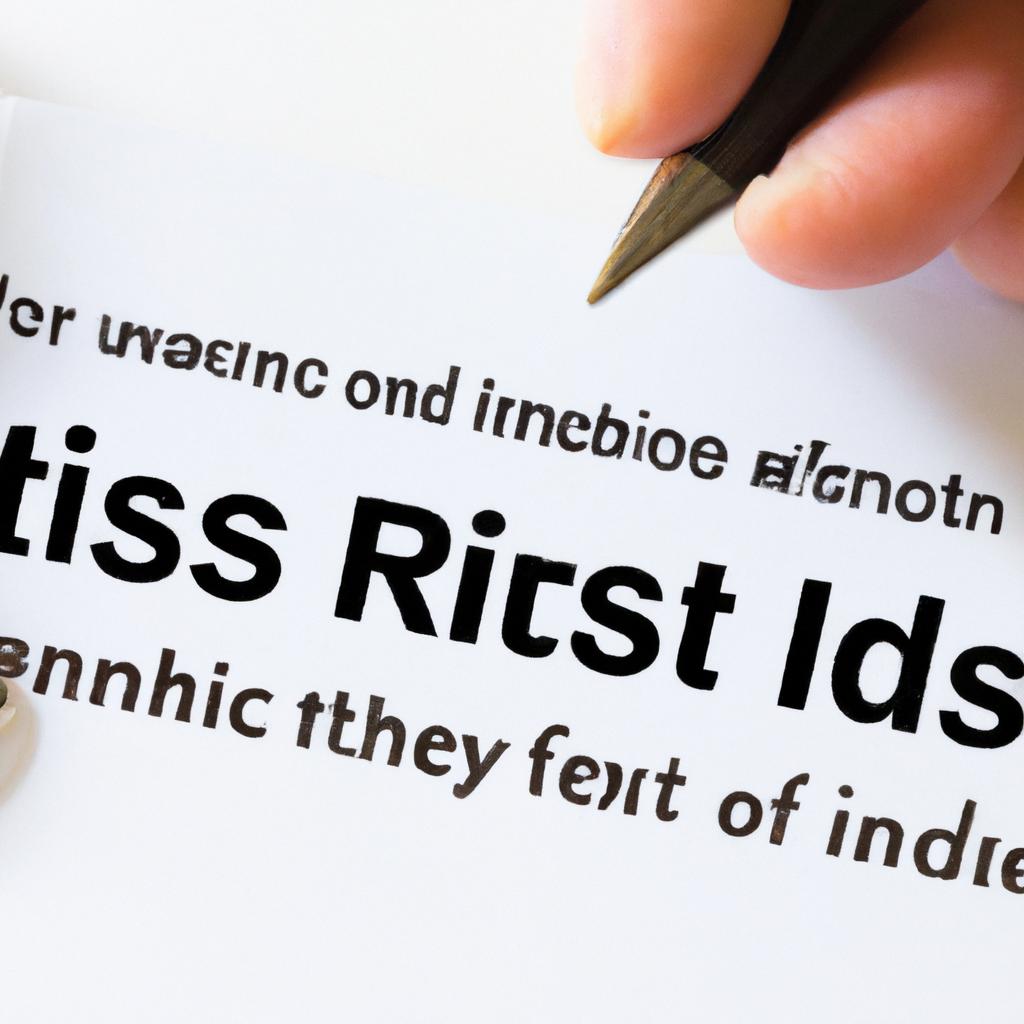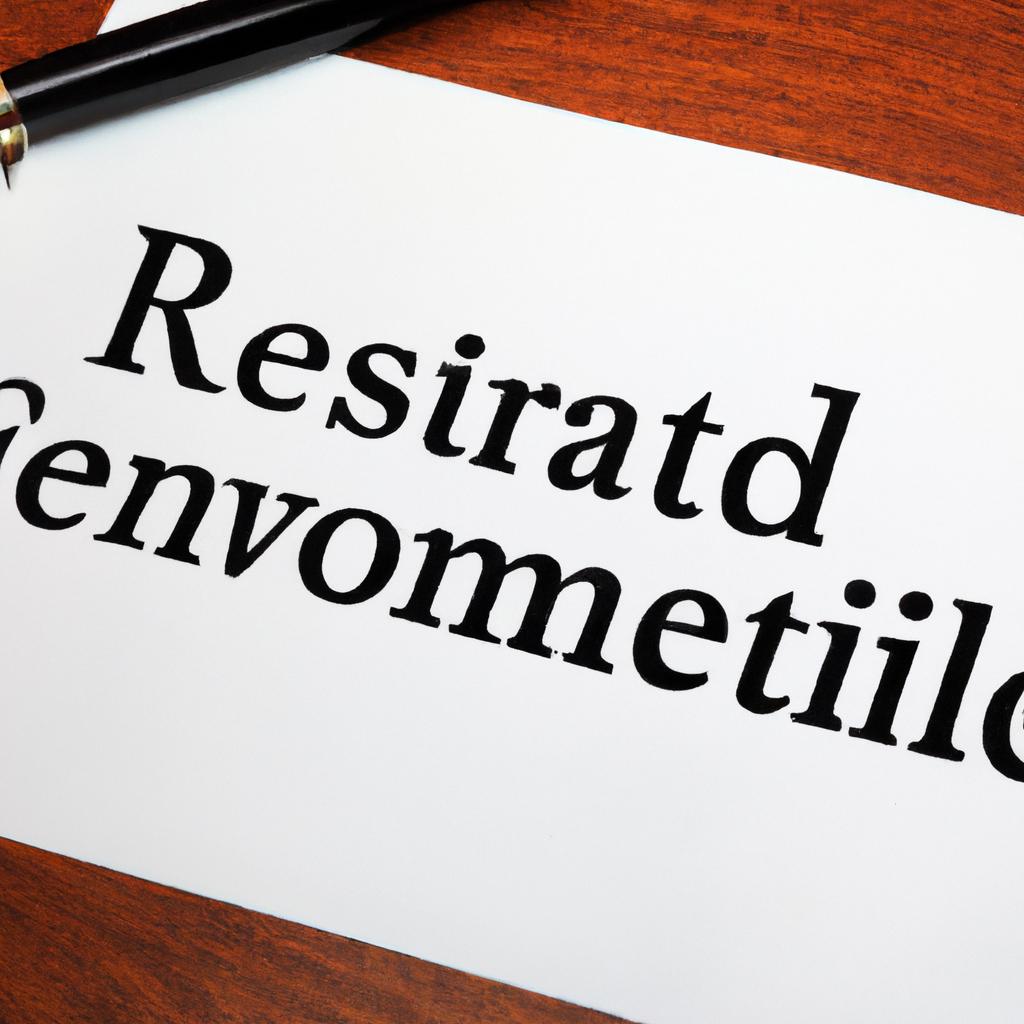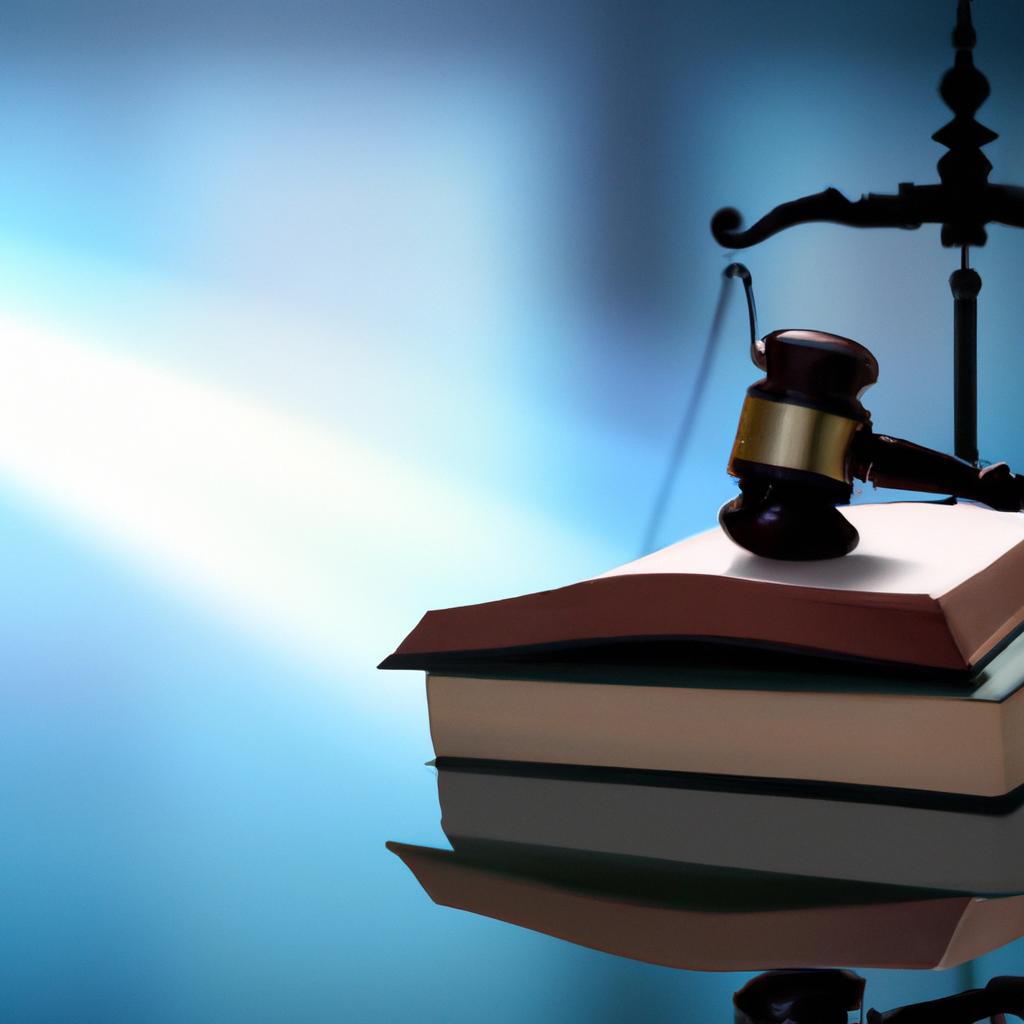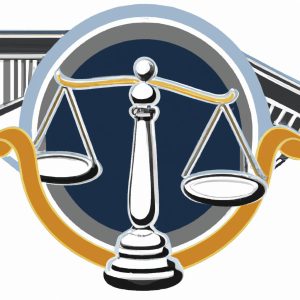In the intricate tapestry of estate law, the absence of a last will and testament can leave a cloud of uncertainty hanging over the distribution of assets and the administration of affairs following an individual’s passing. When someone dies without leaving a will, they are said to have died intestate, opening the door to a variety of legal complexities and potential disputes. As seasoned practitioners in the realms of estate planning and probate, the Morgan Legal Group navigates these intricate waters with precision and expertise in service of our clients in New York City and beyond.
Intestate Succession Laws in New York
When someone passes away without leaving behind a valid will, they are said to have died intestate. In the state of New York, intestate succession laws dictate how the deceased individual’s assets will be distributed among their heirs. These laws are in place to ensure that the decedent’s property is passed on in a fair and organized manner.
Under New York intestate succession laws, the distribution of assets depends on the deceased individual’s surviving relatives. Spouses, children, parents, and siblings may be entitled to a share of the estate. If there are no surviving relatives, the estate may escheat to the state. It is important to consult with an experienced estate planning attorney to navigate the complexities of intestate succession and ensure that your assets are distributed according to your wishes.

Understand the Complexities of Distributing Assets Without a Will
Understanding the Complexities
When someone passes away without a will in place, it can create a complicated situation for their loved ones. Without clear instructions on how to distribute assets, the estate can be subject to intestacy laws, which vary by state. This can lead to disagreements among family members and potential legal battles over who is entitled to what.
Without a will, the court will appoint an administrator to oversee the distribution of assets. This can be a time-consuming process, as the administrator must locate all assets, pay off debts and taxes, and then distribute the remaining assets according to state law. In some cases, this can result in assets going to distant relatives or even to the state itself.

Avoiding the Risks of Dying Intestate in New York
When someone passes away without leaving a valid will, it can cause significant complications for their loved ones. In New York, dying intestate means that the laws of the state will dictate how your assets are distributed, which may not align with your wishes. By taking proactive steps to create a will, you can avoid the risks associated with dying intestate.
At Morgan Legal Group, we specialize in helping individuals protect their assets and ensure their wishes are carried out through proper estate planning. By working with our experienced team, you can avoid the uncertainty and potential family disputes that can arise when someone dies without a will. Contact us today to learn more about how we can help you create a comprehensive estate plan that safeguards your legacy.

Key Recommendations for Estate Planning When There is No Will
When someone passes away without leaving a will, it can create a complex and challenging situation for their loved ones. In such cases, it is essential to seek legal guidance to navigate the estate planning process effectively. Here are some :
- Consult with an experienced estate planning attorney: One of the first steps to take is to consult with an experienced estate planning attorney who can help determine the legal process that needs to be followed.
- Identify the heirs and distribute assets: It is crucial to identify the legal heirs of the deceased and work towards distributing the estate according to the laws of intestacy in the state where the individual resided.
Q&A
Q: What happens if someone dies without leaving a will?
A: When someone dies without leaving a will, they are said to have died intestate.
Q: What is intestacy?
A: Intestacy is the legal term used to describe the condition of someone who dies without a will.
Q: What happens to the deceased person’s assets if they die intestate?
A: If someone dies intestate, their assets are distributed according to the laws of intestacy in their state or country of residence.
Q: Who decides how the deceased person’s assets are distributed if they die intestate?
A: The distribution of the deceased person’s assets is typically determined by a probate court judge based on the laws of intestacy.
Q: Are there any exceptions to the laws of intestacy?
A: There may be some exceptions to the laws of intestacy, such as provisions for spouses, children, and other dependents.
Q: Can the distribution of assets be contested if someone dies intestate?
A: Yes, the distribution of assets can be contested through the legal system if there are valid reasons to challenge the decisions made by the probate court.
Q: Is it common for people to die intestate?
A: While many people do have wills in place, it is not uncommon for individuals to die intestate, either due to negligence or simply not getting around to creating a will.
In Retrospect
In conclusion, the importance of having a will cannot be overstated. In the event that someone passes away without leaving clear instructions, the legal process can become complex and drawn out, causing additional stress for loved ones left behind. Take the time to plan for the future and ensure that your wishes are carried out accordingly. Your family and friends will thank you for it.






